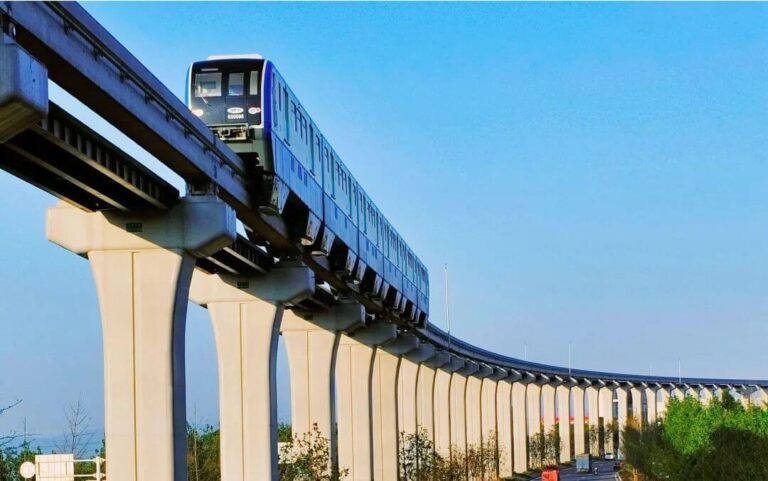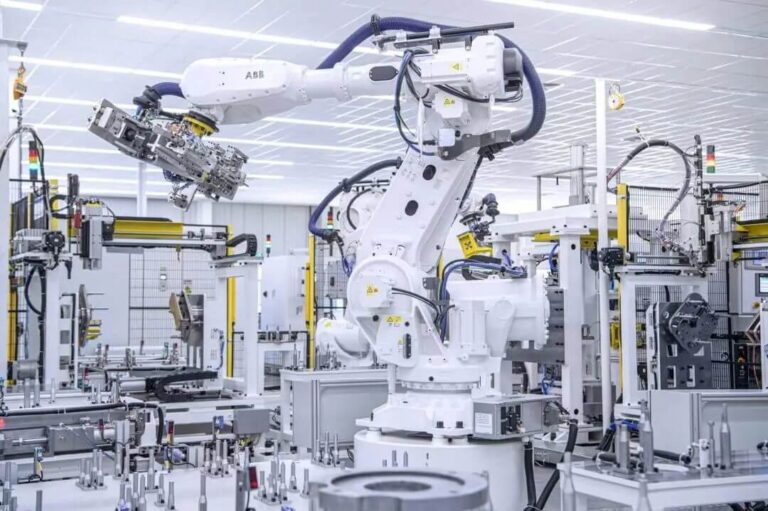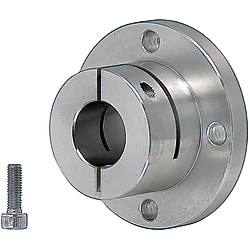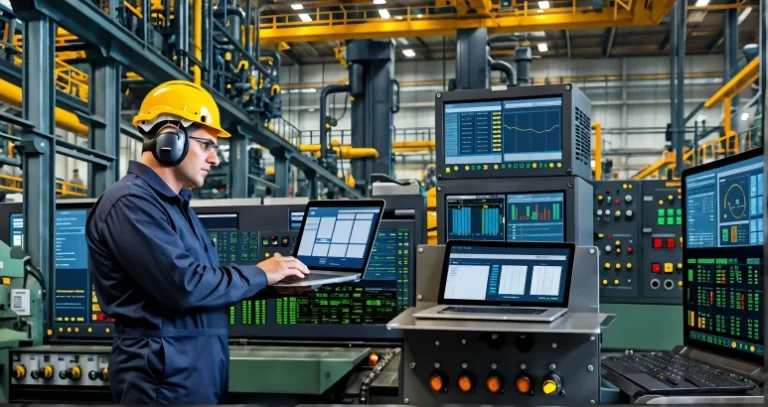With the ongoing advancements in smart technology, the need for a more efficient, sustainable, and user-friendly district heating system has become a top priority for many cities worldwide. District heating, which involves the centralized generation and distribution of heat, is undergoing a significant transformation due to the incorporation of smart technologies. As cities strive to enhance energy efficiency and reduce carbon emissions, upgrading existing district heating infrastructure with intelligent systems has become a critical step. A key component in this upgrade is selecting the right industrial computer (IPC), which serves as the backbone of the system’s control and monitoring capabilities.
Why Upgrade District Heating Systems?
District heating systems are a crucial part of urban energy infrastructure, providing heating for residential, commercial, and industrial buildings through centralized plants. However, as global energy demand continues to rise and sustainability becomes a pressing issue, traditional systems face limitations in energy efficiency and responsiveness. This is where the concept of “smart district heating” comes into play. By integrating sensors, data analytics, and automation, smart upgrades allow for better control of energy use, improved system reliability, and significant cost savings.
The smart transformation of district heating requires advanced control systems, and industrial PCs are pivotal in supporting these new technologies. Let’s explore why and how the right IPC selection can make or break the success of these upgrades.
Key Factors to Consider When Selecting Industrial PCs for Smart District Heating Upgrades
- Performance and Reliability Industrial PCs must offer high performance to handle the large volumes of data generated by IoT sensors, smart meters, and automation systems used in smart district heating. They must also provide real-time control, data processing, and reporting capabilities. In addition, reliability is crucial. A downtime or system malfunction in a district heating setup can result in significant energy wastage and disruption of services. Therefore, IPCs must be capable of continuous operation in demanding environments, such as those found in central heating plants or outdoor locations.
- Connectivity and Integration As smart district heating systems heavily rely on IoT devices and smart sensors, IPCs must feature advanced connectivity options like Ethernet, Wi-Fi, and cellular networks. Integration with other smart systems, such as energy management platforms, SCADA systems, and building automation solutions, is vital for optimizing energy use and ensuring smooth communication across different system components.
- Scalability for Future Growth The smart city concept is rapidly expanding, and so is the complexity of district heating systems. IPCs selected for these upgrades should be scalable to accommodate future needs, such as integrating new sensors, energy sources, and data analytics tools. Having a scalable solution ensures that your district heating system can evolve with future technologies and urban development trends.
- Environmental Considerations Given the global push for sustainability, selecting an IPC that is energy-efficient and environmentally friendly is an important consideration. Many industrial PCs now come with low-power consumption designs, which can contribute to reducing the overall energy footprint of the district heating system.
- Durability in Harsh Environments District heating systems often operate in harsh conditions, with equipment exposed to dust, moisture, and varying temperatures. IPCs must be designed to withstand these conditions without compromising performance. Robust enclosures with IP-rated protection are essential to ensure the longevity and reliability of the system.
Top Industrial PCs for Smart District Heating Upgrades
Several manufacturers offer specialized industrial PCs tailored for smart grid and heating applications. These devices offer cutting-edge features such as high processing power, real-time data analytics, and connectivity solutions designed to handle large-scale automation. Look for IPCs with the following characteristics:
- Fanless designs to avoid dust and debris interference.
- Advanced communication ports such as USB, RS232, and RS485 for easy integration with external devices.
- Wide operating temperature ranges to ensure continuous performance in varying environmental conditions.
- Edge computing capabilities for local data processing, reducing latency and improving response times.
Conclusion
As cities worldwide continue to push for more sustainable, efficient, and intelligent infrastructure, upgrading district heating systems with smart technology is no longer optional—it’s a necessity. The right choice of industrial PCs plays a pivotal role in ensuring the success of these smart upgrades. By selecting IPCs that are high-performance, reliable, scalable, and built to endure harsh environments, cities can build more energy-efficient, cost-effective, and resilient district heating systems that align with modern energy demands and sustainability goals.
Choosing the right industrial PC for your district heating upgrade today is a step toward creating smarter, greener, and more efficient urban spaces for tomorrow.




